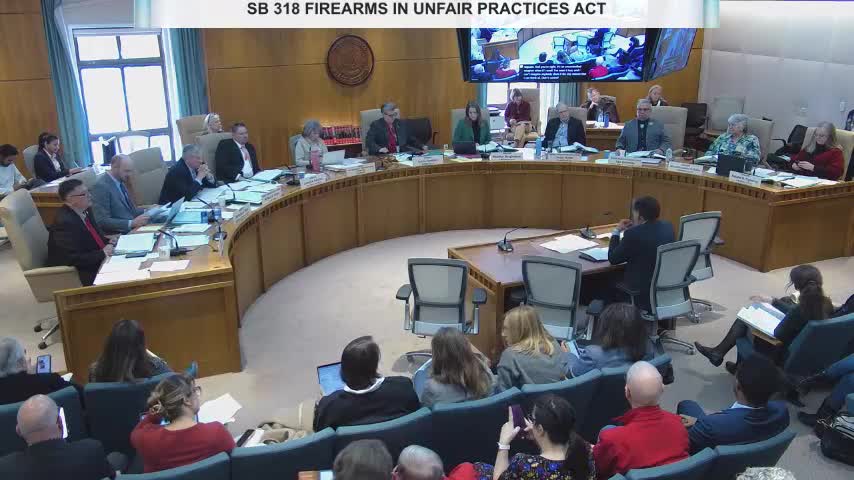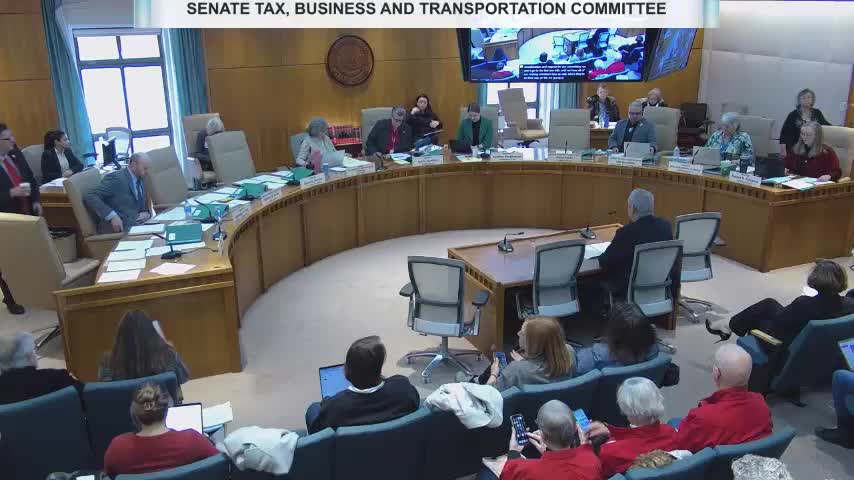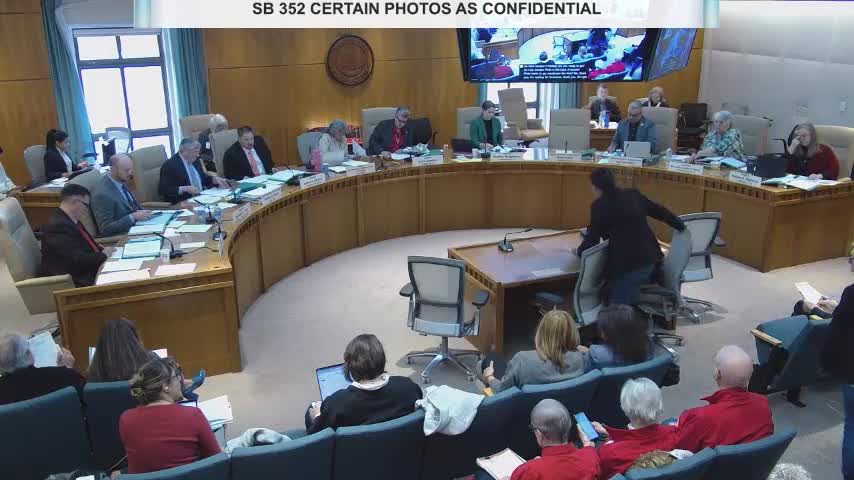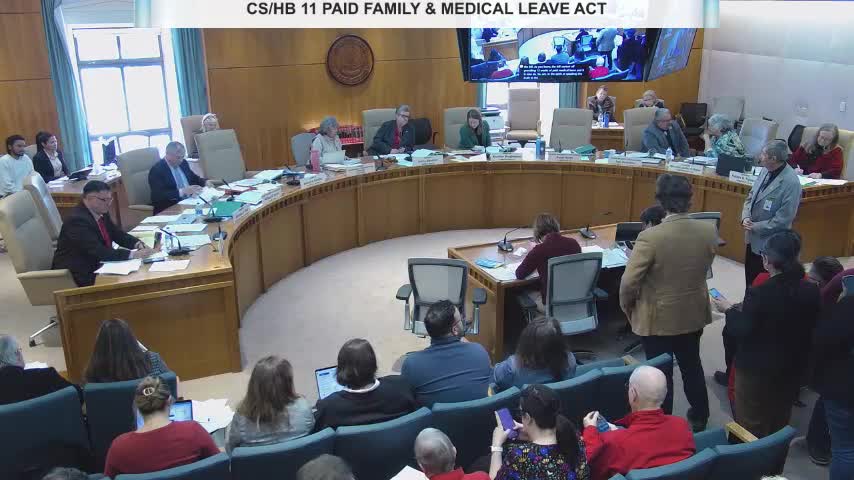Article not found
This article is no longer available. But don't worry—we've gathered other articles that discuss the same topic.

Senate committee advances pared‑down paid family and medical leave bill after extensive public testimony

Committee roundup: tax committee advances film loans, procurement cap changes, organ donor registry and other bills; vote summary

Committee narrowly advances bill expanding severance tax private‑equity authority to aid displaced lab researchers

